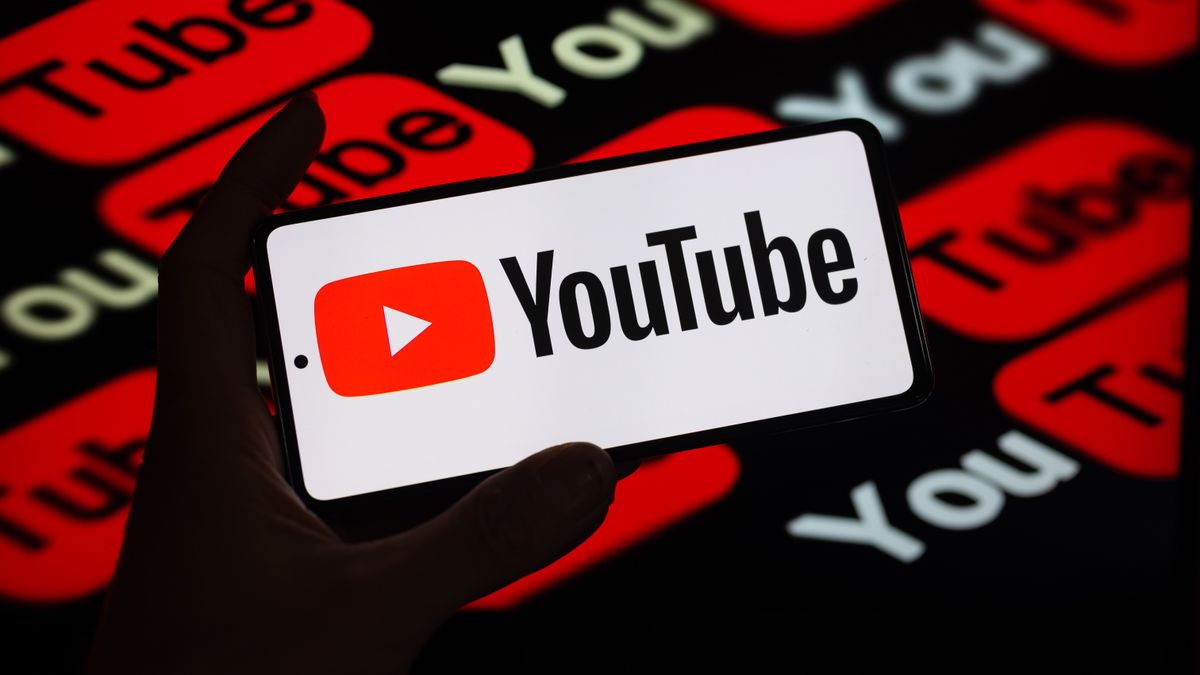If you’re in Russia and experiencing issues loading YouTube videos, it isn’t your internet connection’s fault or a technical bug. Recent reports revealed Russia’s supposed plans to slow down the video-sharing platform by up to 70% by the end of next week.
Plans to “permanently block” YouTube in September seem to be in the cards, too, an anonymous source told the Russian independent news outlet Meduza back on July 12, 2024.
With over 93 million users across the country, YouTube is currently the last Western social media platform to work in Russia. The likes of Facebook, Instagram, and Twitter cannot be accessed unless using one of the best VPN services. Worse still, using these circumventing tools is becoming increasingly precarious in the country.
Why is YouTube throttled in Russia?
As Alexander Khinshtein, chairman of Russia’s parliamentary committee on technology, wrote on Telegram on Thursday, July 25, the move comes as a “consequence of the anti-Russian policy of the host.” He also added that the measure will only affect desktop users.
Specifically, Khinshtein argued that YouTube, “consistently deletes channels of our public figures (bloggers, journalists, artists) with positions that differ from the Western point of view.”
International civil societies, however, couldn’t disagree more with such a statement. Last May, over 20 organizations urged the Google-parent company to stop helping Russia censor free speech, lamenting an increase in anti-war videos and channels blocked since February instead.
Not just that, but YouTube throttling reportedly began two weeks before Khinshtein’s post – on July 11, to be more precise.
Russian authorities have begun to deliberately slow down @YouTube, contrary to claims by Rostelecom that speed issues were due to equipment wear. Expert activist @ValdikSS confirmed this by testing access speeds to YouTube content via different domain names1/5 pic.twitter.com/dw0hat0GpOJuly 12, 2024
Russian authorities initially denied being involved, though, with the telecom operator Rostelcom blaming the outage on some technical problems.
A day later, a source close to the presidential administration confirmed to the news site Gazeta.Ru that Russia plans “to finally block YouTube in September.”
Russian digital rights group Roskomsvoboda has confirmed to TechRadar that while video viewing is still possible at the time of writing, problems occur as the quality of videos increases.
“If the censors fail to achieve their goals (which are most likely unblocking and blocking of certain channels), the chance of complete blocking of YouTube is very high,” Stanislav Shakirov, CTO at Roskomsvoboda, told me.
Shakirov suggests that the authorities’ end goal is to replace YouTube with Russian alternatives like VK media or RuTube to have more control over the content. He added: “Those who will want to see independent political content will watch YouTube using a VPN.”
Can a Russia VPN help?
A virtual private network (VPN) is security software that encrypts your internet connections to boost online privacy. At the same time, it also spoofs your real IP address to trick your internet service provider (ISP) into thinking you’re browsing from a completely different country in no time. The latter skill is exactly what you need to bypass government-imposed throttling and other geo-restrictions.
As we mentioned, other popular social media platforms are blocked in Russia, alongside an ever-growing number of websites which include many news outlets and even VPN provider official sites.
While the use of Russia VPNs becomes increasingly crucial, in fact, authorities are actively cracking down on its use. VPN services have been the target of censorship campaigns for many years, with a new law enforced in March now criminalizing the spread of information about ways to circumvent internet restrictions.
Earlier in July, about 25 popular VPN apps disappeared from the country’s Apple App Store. Experts fear that the Google Play Store might soon become the next target.
Did you know?
Over the years, Russian authorities have temporarily blocked popular VPN providers with, at times, the help of US-based big tech giants. In 2022, for example, Google was forced to delist over 36 thousand URLs that linked to VPN services—VPN provider Surfshark reported at the time.
Yet, despite getting more challenging to download a VPN app, there are still some ways to work around restrictions.
“There are still working VPNs available in the Apple App Store, which you can install and which will allow you to bypass censorship,” Shakirov told me. “Also 95% of Russian users use Android, not iPhone.”
As a rule of thumb, I suggest downloading as many VPN apps as possible. In this way, you’d be able to hop from one service to another in case of blocks. I recommend looking at our dedicated guide on the best free VPN services on the market to get the most secure freebies out there. But be careful, only a handful of free VPNs are safe to use in Russia.
Roskomsvoboda has even developed its own VPN product, Amnezia Free, which you can also set up on your own server as a self-hosted VPN. “There are also a couple of VPN services who are focused on Russia: RedShield and Xeovo,” said Shakirov.
If you have trouble downloading your chosen VPN, I suggest using sideloading capabilities on an Android device. You should also look out for alternative installation pages and services. For example, one of the causalities of the latest VPN censorship campaign on the Apple App Store, Le VPN, launched a special service that connects you to some secret servers using third-party open-source software and obfuscated VPN connections.
VPNs aren’t the only solutions, either, so try out some alternatives as well. Tor Browser, for example, is a good option as it reroutes your internet traffic through at least three encryption layers while spoofing your IP location. Likewise, FreeBrowser is a similar tool you can use on Android devices to grant access to geo-restricted content.





